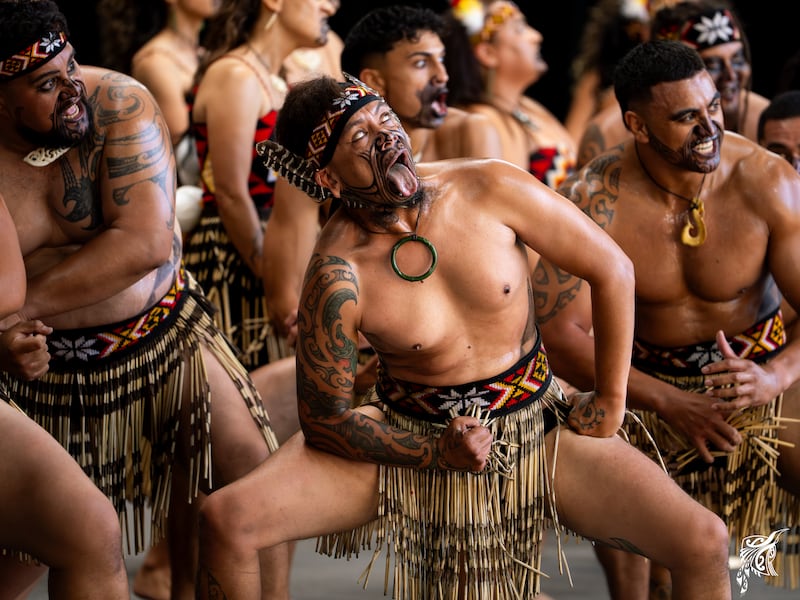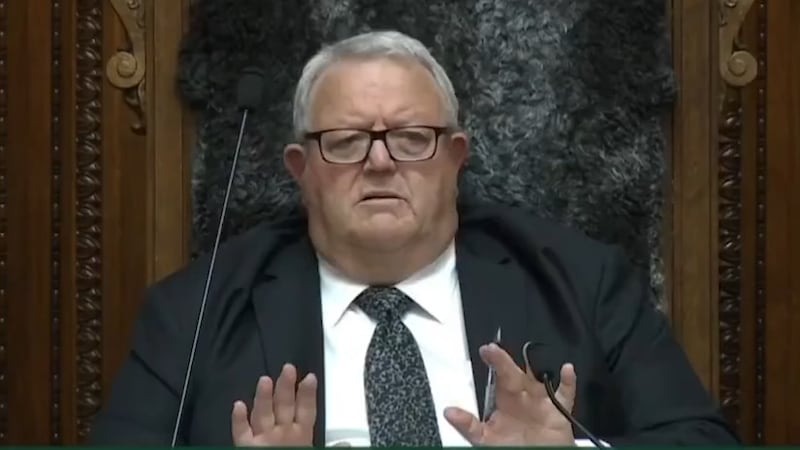OPINION
For those seeking understanding about haka, Sir Timoti Karetu once described haka as a powerful expression of Māori identity, culture, and emotion.
“It’s more than just a dance; it’s a performance that carries deep meanings, whether for celebration, challenge, or mourning.”
Te Matatini o Te Kāhui Maunga was a big success, attracting around 70,000 people.
Some arrived as early as 7 a.m. every day and literally sprinted to get the best seat to enjoy the best of Māori performing arts. The event injected an estimated $27 million into the local economy.
It’s a great photo opportunity for politicians, with nearly every party represented at the event, braving the heat to witness the best of Māori culture and expression.

Te Ao Māori News even interviewed a whānau from Slovenia who were in attendance. Two years ago while travelling the South Island they saw Te Matatini on TV. Simona Pechnik-Karzic and Istok Karzicn made a promise to return to watch Te Matatini in person as Istok said it makes him ‘feel alive’
Keeping to the theme of international haka vibes, former champs Te Whānau a Apanui are likely still shaking off the last of their jetlag after recently returning from India, where they accompanied the Prime Minister and a trade delegation to help attract investors and businesses to the country.
Haka is our passion
This brings to light a phrase used recently by Hana Rawhiti Maipi-Clark “Internationally hot, locally not,” showing the difference between how Māori culture is celebrated globally and how it is treated locally.
The “locally not” part was highlighted when the Privileges Committee ruled that Peeni Henare’s participation in a haka led by Maipi-Clark last year in protest against the Treaty Principles Bill was ‘undoubtedly disorderly behaviour’ but not in contempt.
It’s time for a refresh
Currently, at the reading of say…an Iwi settlement Bill, the people, who through years of negotiation, unearthing generations of trauma must write to the Speakers office to get permission to sing or haka at the conclusion of the reading of their settlement in the House.
And who can forget, at the end of the reading of the Te Whakatohea Settlement bill where Te Whakatōhea leader Te Kahautu Maxwell stood to deliver a brief mihi of thanks and give well wishes to the members of the House, but was interrupted by Assistant Speaker Maureen Pugh and was ordered to take his seat in the gallery.
I digress.
The current rules are outdated and need to be reformed. Māori culture should be recognised as an important part of our national identity, not something seen as inappropriate or out of order.
In 2025, it’s unacceptable to treat Māori traditions as something to be pushed aside or call the use of our taonga ‘disorderly,’ even in Parliament.

We often hear leaders in the debating chamber talk about upholding the ‘tikanga of the House,’ but using a term with deep cultural meaning to describe outdated Westminster practices is insulting.
Those making the rules need to rethink how we move forward.
Māori culture, as a vital part of our national identity and expression, deserves respect and recognition, not dismissal.


